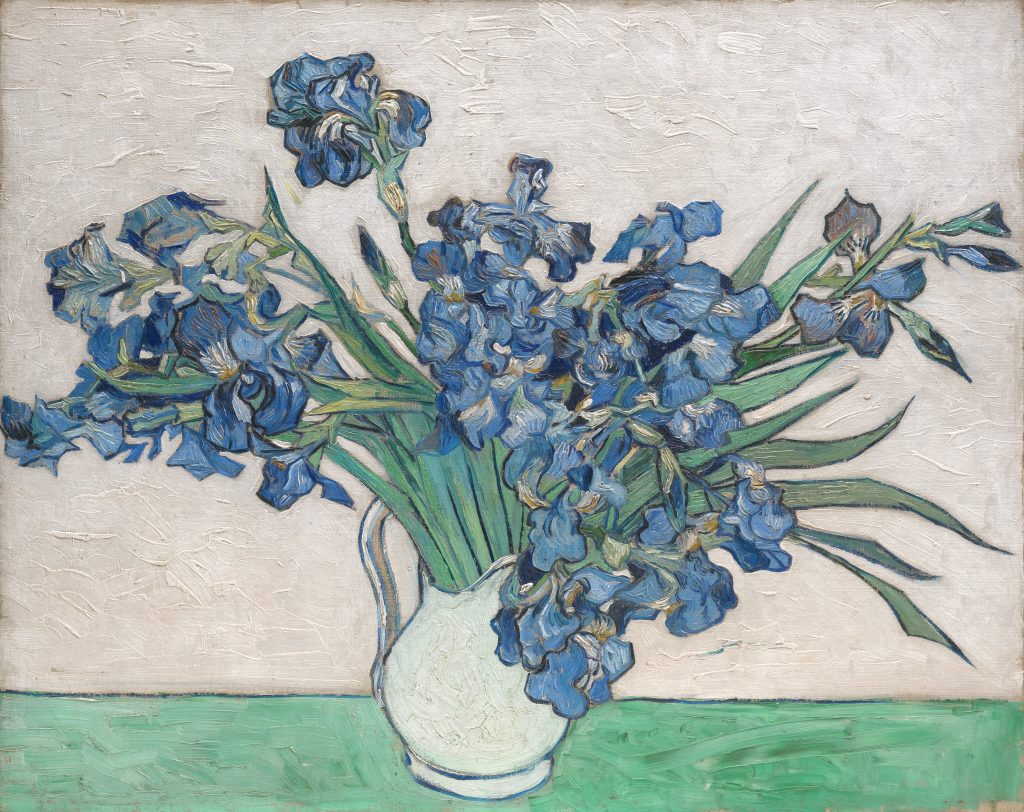
“And every day there were what we called ‘the Green Hills’; that is, the low line of the Castlereagh Hills which we saw from the nursery windows. They were not very far off but they were, to children, quite unattainable. They taught me longing—sehnsucht; made me for good or ill, and before I was six years old, a votary of the Blue Flower.” — C. S. Lewis
Over the summer my family and I went to Yellowstone for a long weekend. I, being the typical dad, was bracing myself that the stories of long lines, hot days, and lots of bugs would be what we would remember more than glories of God’s creation. This is what I like to call the “Disneyland effect.” The idea of a Disneyland vacation often (always?) does not live up to expectations. “What? I need to pay $200 to stand in line to have the privilege of spending another $200 to have this experience that will last for five minutes? Great.”
Thankfully, God subverted my expectations. We had an incredible trip. We got to drink up amazing scenes over and over again throughout the weekend. Old Faithful, bison running by our car, and even a grizzly bear fishing in a river stole the show. The weather was great, the lines were minimal, and there weren’t any bugs. Every day around the dinner table we were blown away by what God had given to us for that day’s adventure.
When we were packing up to leave, we all looked at each other and said, “We don’t want to go!” There was this mixture of joy for all the memories we had made and a sadness that we had to leave when we wanted to see more. Within a few days after we got home, we were already longing to go back.
This, in a small way, is what Lewis means by the German word sehnsucht. It refers to joy that hurts. It mingles nostalgia and longing for places we have or have not been with deep joy. The kind of joy that is connected to senses and memories. The smell of a well oiled baseball glove, the taste of Grandma’s lasagna, or the singing of the Doxology can all bring a sweeping feeling of sehnsucht. These experiences mark all of our lives. They become stories we tell to our kids and the experiences we want them to have. Yet, such moments of sehnsucht cannot be bottled or packaged. They happen to us when we least expect it. They move like the wind.
Lewis felt such longing joy intensely from a young age. He longed to go to Castlereagh Hills and pick the blue flowers. The blue flower became for Lewis the symbol of this feeling of sehnsucht. And while sehnsucht cannot be captured to do man’s bidding, Lewis believed that certain things were more likely to invite such joy in. In particular, Lewis believed stories could do it. A great story that made you breathe the air of what it was like to be there had the power to move the reader in such a way. The Iliad, The Odyssey, The Aeneid, and many of the other great books of the Western Civ Tradition did this in Lewis’ mind. Dante’s Divine Comedy, which caused one to breathe the air of the Medieval Cosmos was particularly powerful.
Yet, of course, the greatest of these for Lewis was Scripture. In the story of the gospel, we begin to see that the feeling of sehnsucht can cause us to long for a place we have never been. This feeling of longing joy is the most powerful of all. Oh how badly does the Christian want to experience the joy of the New Heaven and New Earth? How painful is our longing to behold the glory in the face of Jesus Christ? How desperately do we want King Jesus to put all of the evil, sin, and rebellion to an end? These longings, as Paul says in Romans, come in groans too great for words.
My hope and prayer is that your child at Ambrose will experience sehnsucht. I cannot promise it will happen, but we do believe we are placing your child in a spot where it is likely. In fact, our job as administration is to protect the road to the Castlereagh Hills such that teachers can bring students to pick the blue flowers. For such experiences have the power to change the soul of the student forever.



